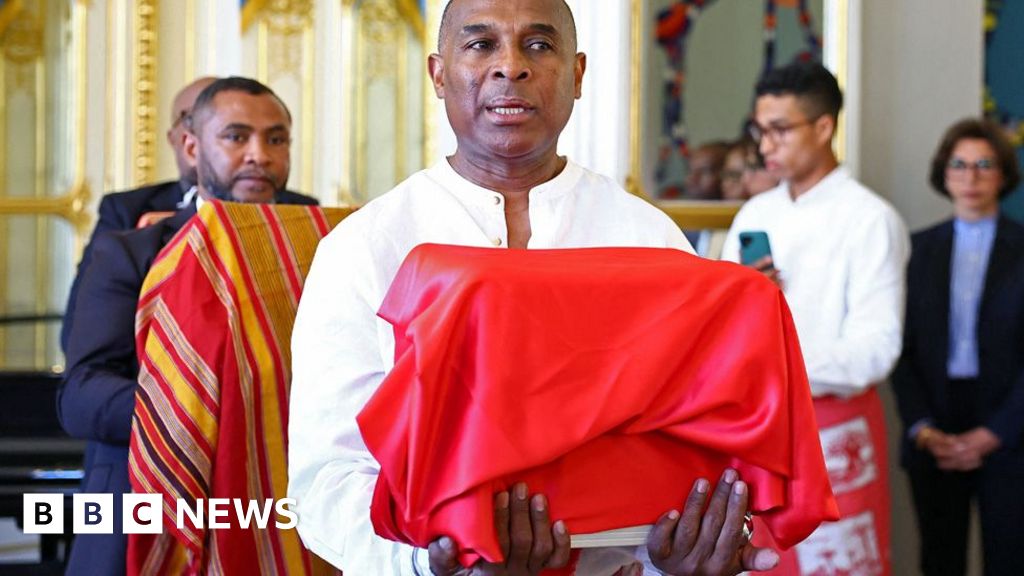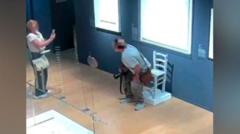In a remarkable but contentious innovation, the priest of the St.-Flour cathedral in France has turned the struggle to restore its antique organ into a unique opportunity for generating much-needed funds. Amidst widespread difficulties faced by churches across the country in accessing financial resources for restoration projects, he decided to use one of the cathedral’s bell towers as a curing workshop for hams, allowing local farmers to hang their products to dry.
For nearly two years, this initiative, sanctioned by a local bishop, operated smoothly, delighting both the charcuterie lovers of the region and providing a sporadic yet fruitful income for the cash-strapped church. However, this unconventional method faced a setback when an inspector from the national authority governing architectural heritage observed grease stains attributed to the curing process. In a report delivered in December 2023, he deemed the hanging hams a fire hazard, thus prompting an order for their removal.
When the cathedral resisted this directive, claiming the initiative was benefitting the community, the situation escalated, reaching the desk of Rachida Dati, France's minister of culture. This incident captures wider concerns about funding for the maintenance of France’s extensive religious heritage, as aging churches struggle with costly repair bills while governments at both central and local levels find it challenging to ensure adequate funding.
Since the French Revolution, the majority of church properties became state-owned, with government responsibility for their upkeep. Nevertheless, the financial burden remains heavy and somewhat neglected, raising fundamental questions about who is responsible for preserving these historical landmarks. The case from St.-Flour serves as a poignant example that adept local solutions and inventive community practices often encounter bureaucratic obstacles, highlighting a pressing need for a reevaluation of how heritage sites, both sacred and culturally significant, are funded and managed across the nation.






















